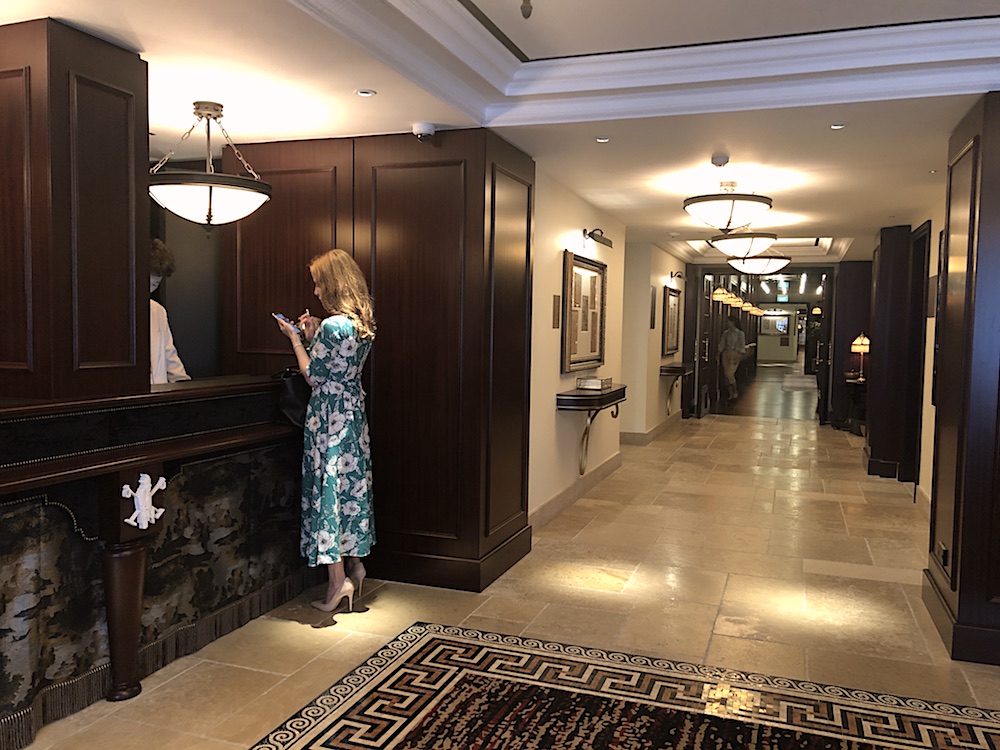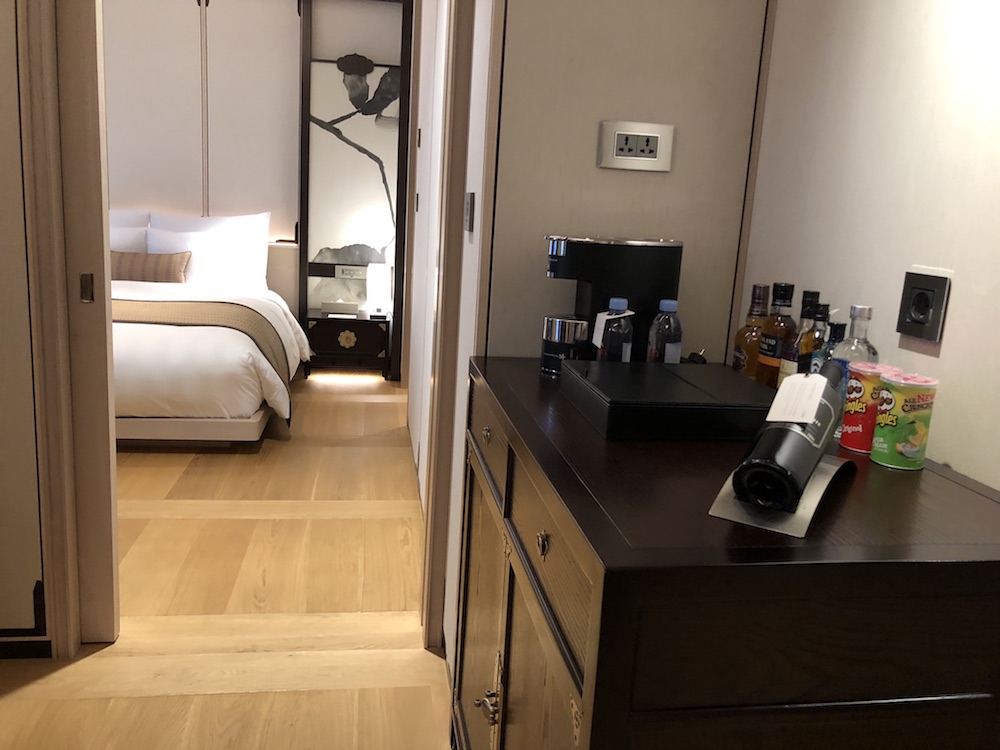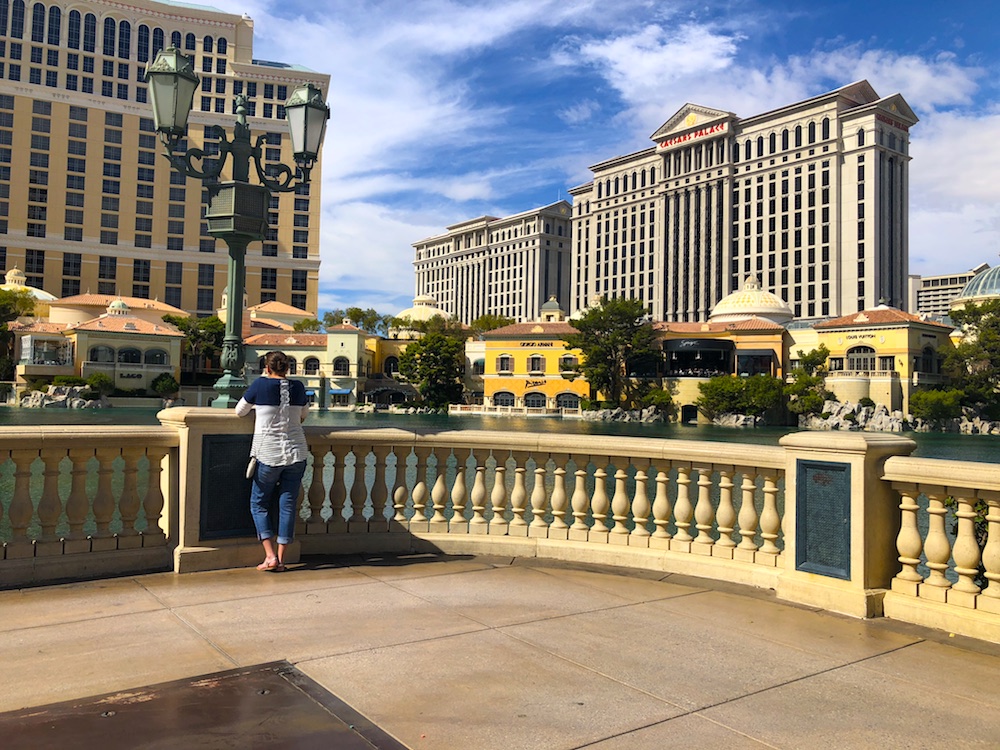If you have been to a hotel or a resort lately, you likely saw some unexpected hotel fees tacked on to the bottom of your bill. Hotel and resort fees are nothing new. We have been seeing “fee creep” for years and find ourselves either accepting these unwanted pests as part of the price of traveling or finding ways to delete them during front desk dealings upon check-out. Until now.
July was an interesting month for Marriott and Hilton as both were under siege by angry hotel room consumers who are questioning just what those fees are for and whether they are legal.

No doubt you have seen these charges: The $20 to $40 per day add-ons that slip in unannounced at the bottom of one’s bill. “What are these?” you ask and get some odd gobbledygook about the free wi-fi (available for free in the lobby) or the pool you did not use or the iced herbal tea you were handed at check-in. You walk away irritated with a sense of having been taken and vow never to use that hotel again …. until you find the same thing happening at the hotel down the street.
But that practice, unlike baggage fee-creep on airlines, is now under fire.
District of Columbia Attorney General Karl Racine filed a lawsuit earlier this month in Superior Court against Marriott, alleging the Bethesda, MD-based hotel corporation hides the true price of hotel rooms from consumers and adds on hidden resort fees to increase profits. The lawsuit noted “Marriott owns, manages, or franchises at least 189 properties worldwide that charge consumers resort fees ranging from $9 to as much as $95 per day.”
The “drip pricing” or the adding in of additional “resort” fees may be misleading and turn out to be unlawful.
“This lawsuit has been expected for a long time as hotel companies are well-aware of the controversy regarding resort fees,” said Daniel Prywes, partner at Morris, Manning & Martin’s Litigation Practice. “This latest lawsuit will no doubt lead some to reassess the legal risks presented by the way they advertise prices and disclose resort fees, and to consider alternatives to mitigate those risks.”
In a similar move last week, Nebraska Attorney General Doug Peterson filed a lawsuit naming the Hilton Hotels Corporation as the defendant. The company is one of the largest hospitality concerns in the world with approximately 5,700 properties and around 923,000 occupancies in 113 countries and territories.
Peterson used the Tropicana Las Vegas casino resort and a DoubleTree by Hilton hotel as examples in his lawsuit. By bringing in a well-known Las Vegas property, the suit casts attention on a tried and true Sin City practice that has been going on for at least a decade.
Another law firm, Berger Montague with offices in Philadelphia, Minneapolis, Washington D.C. and San Diego, initiated a class action lawsuit recently that was focused solely on Las Vegas and its “resort fees.”

It defined those fees as:
“…mandatory fees added to nightly room rates at hotels and resorts. These fees apply to a variety of amenities, such as Wi-Fi, shuttle service, daily newspaper delivery, an in-room telephone, printing of boarding passes, nightly turndown, gym and pool access, use of a notary, etc. Consumers are typically required to pay these “resort fees” whether they use these amenities or not.”
Other names for “resort fees” include:
- Facility fees
- Destination fees
- Amenity fees
- Resort charges
That lawsuit named 49 properties, mostly concentrated around the Strip area and asked anyone who suspected they paid a resort fee as such in the past two years to contact them.
Whether it’s $20 here or $40 there, it all adds up. An overview by Bjorn Hanson, an industry consultant and adjunct professor at the New York University School of Professional Studies Jonathan M. Tisch Center for Hospitality and Tourism, notes that in 2018 consumers paid an estimated $2.93 billion in resort fees, and that number is believed to be 8.5 percent more than the previous year.
But the hospitality industry is not taking these charges lying down. The American Hotel & Lodging Association claims these fees “were created in an effort to provide consumers with the best value by grouping amenity fees into one cost. If consumers were charged individual fees for all amenities, the cost would likely be prohibitive,” says the association on its website.
The waging of these fees was called down in 2012 by the Federal Trade Commission for the lack of transparency when it comes to fees. These are not spelled out in the nightly rates or reservations. Rather, they are taken at the end in what has been deemed to be a highly deceptive trade practice. Still, however, most properties that add fees continue to keep them hidden from the initial booking costs.
Consumers can always read the fine print and ask direct questions upon making their hotel plans. However, hotels do not make navigation and fact-finding easy.
The D.C. lawsuit launched against Marriott Hotel Corporation adds: “Moreover, as Marriott’s top management admitted during an investigative interview, the statement ‘daily destination fee added to room rate’ is ambiguous and confusing to consumers because it may be understood either as indicating that the daily destination fee has already been ‘added’ to the room rate quoted on the page, or that it will be ‘added’ to the quoted rate at a later time.”
The lawsuit seeks an injunctive remedy to make Marriott cease the practice of charging resort fees and cover civil penalties and attorneys’ fees.
Marriott, the lawsuit stated, received a warning letter from the FTC in 2017 about these so-called drip pricing practices, stating that separating resort fees from room rates would “likely” harm consumers.
According to published interviews with Robert Cole, Phocuswright’s senior research analyst for lodging and leisure travel, one of the fundamental issues with drip pricing is that hotels and resorts are often forced to engage in the practice simply to remain competitive.
“The hotel groups that don’t use drip pricing are disadvantaged, because their properties look artificially more expensive than the other hotels that are participating in this anti-consumer behavior and are artificially making their pricing look low,” Cole said. “If you are doing the right thing for the consumer, you are at a structural disadvantage to those who are being hostile to the consumer, and that’s a problem.”
Cole went on to say he did not expect the D.C. lawsuit against Marriott Corporation to prevail and end the practice of drip pricing, although crackdowns could be in the offing.
“We have a president in the White House who seems to be pro-business and whose family is in the hospitality industry, so there’s not a strong likelihood of the Federal Trade Commission (FTC) doing something immediately, but it’s been on their radar,” Cole said in reports.
Marriott International president and CEO Arne Sorenson, recorded in a videotaped interview for LinkedIn that his company will “obviously fight” the D.C. civil suit. “We think it’s wrong,” Sorenson said
Travelers United, a consumer advocacy group that worked with the National Association of Attorneys General in pursuing the resort fee issue, said on its website that the two lawsuits filed this month could be just the tip of the iceberg, and could influence hotel companies to change their policies.
“These lawsuits brought against both Hilton and Marriott (and future lawsuits against other hotel companies) will take years to get through the legal process. However, the hotel companies may do the right thing and agree to include all mandatory hotel fees in the advertised room rates. That will effectively stop the resort fee practice and settle the cases except for relief for past practices and civil penalties.”
































































































































































































































































































Get Social